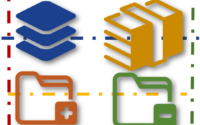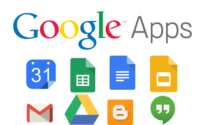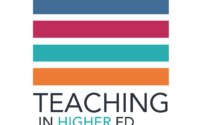
Increasing Interpersonal Interactions in an Online Course: Does Increased Instructor E-mail Activity and a Voluntary In-Person Meeting Time Facilitate Student Learning?
Distance learning is expanding rapidly in universities. While theoretical and qualitative literature stress the critical role of effective interpersonal interactions in motivating students and facilitating learning in online environments, quantitative evidence on the benefits of increased interpersonal interactions on student learning outcomes is limited. This study examines the effect of providing a voluntary meeting time […]
















